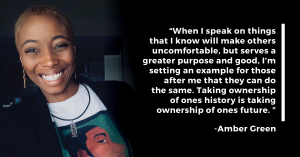
You are the founder and director of the Fenix Youth Project, an organization that focuses on youth in the arts. At what point did you decide this was a project that you wanted to begin working on and truly dedicating time and energy to?
I’ve always seen the arts as the best tool to make a change in the world and bring people together. In that ability to share the most intimate part of themselves, an artist becomes a leader. Youth are the future and so it just made sense to dedicate my time and energy in empowering the future leaders of our world by giving them the platform to use the artistic tools given to them.
What was one instance while working with the Fenix Youth Project where it made you think “This is exactly what I am meant to be doing”?
When I had youth who were labeled “difficult” open up, engage, and then become advocates in their own cause, All because I handed them a mic and played an instrumental. I knew then, I had something and I have to continue.
You’re also a co-chair of the Salisbury Lynching Memorial Task Force, a group working closely with the City of Salisbury to establish a memorial for the victims of Wicomico County lynchings. Why was it important for you to become involved with this project?
It’s important for youth to see artists and young adults making efforts and taking the lead on community initiatives. When I speak on things that I know will make others uncomfortable but serves a greater purpose and good, I’m setting an example for those after me that they can do the same. Taking ownership of one’s history is taking ownership of one’s future.
In what ways do you personally celebrate black history month?
I don’t celebrate black history month, I live it 365 days a year.

